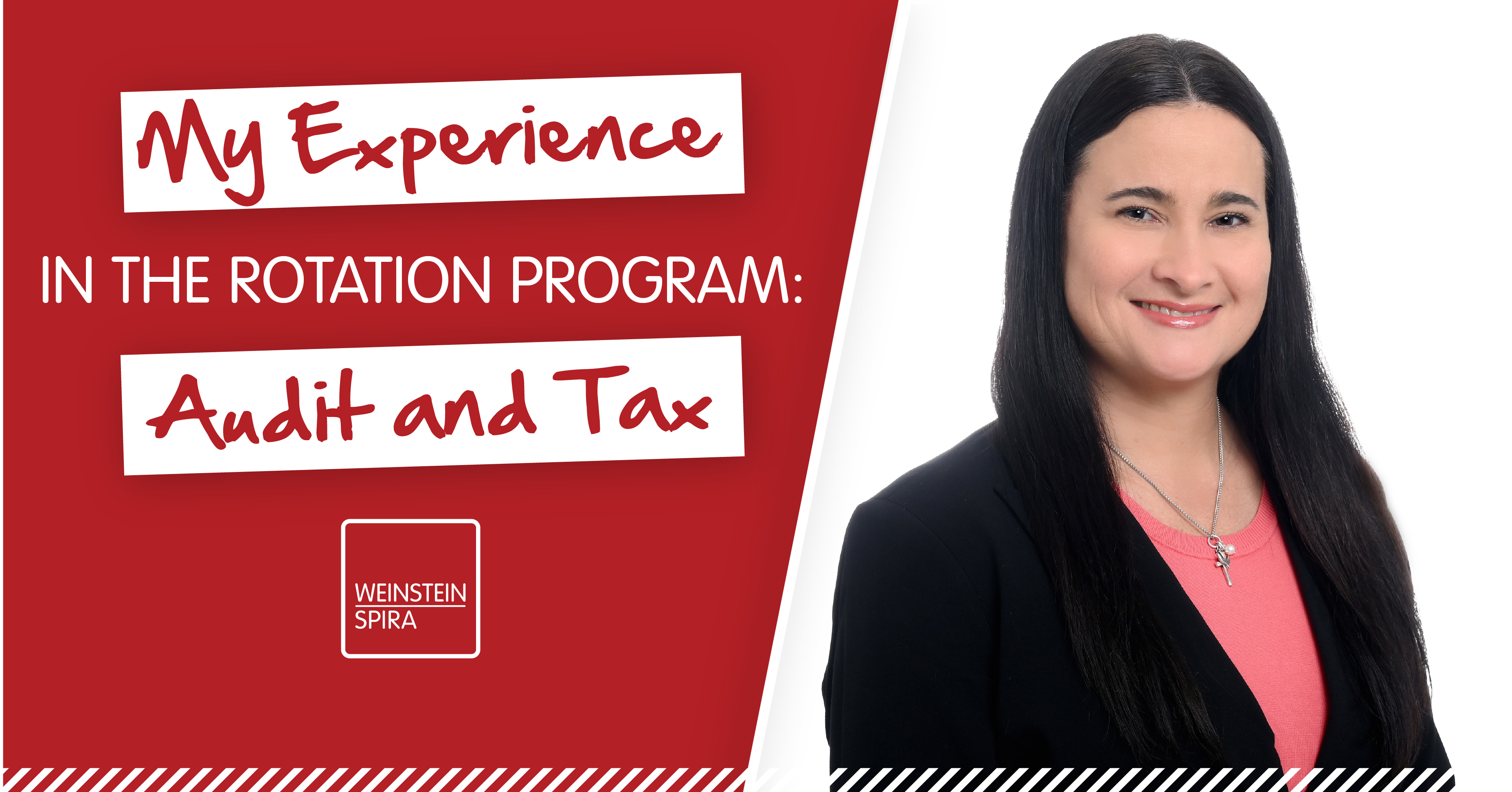Do you have a friend or family member that is an auditor? No – not an IRS auditor, an external auditor? Have you ever wondered what auditors do during their infamous busy season?
The technical components involved in an audit – especially steps and procedures in place to guarantee the highest level of accuracy – can undoubtedly be complicated. As our team members are in the field at client’s offices, or crunching numbers within the confines of the Weinstein Spira office this busy season, we wanted to give you an easy-to-understand, insider’s guide of the key terms and phrases behind an auditor’s daily grind, and especially during busy season:
- Attest – The attest services of a CPA firm consist of two main components – audits and reviews. Both are geared toward obtaining assurance from a CPA about the accuracy of financial reporting. Many entities need audits or reviews to satisfy their investors or creditors.
- Audit – As a main component of attest services, audits involve the examination of the truth and fairness of the financial statements of an entity by an auditor that is independent of the organization. Auditors perform procedures, which include testing samples of transactions through the use of source documents (e.g. invoices, shipping documents, etc.) and direct correspondence with customers and creditors to verify information. Additionally, an audit offers the highest level of assurance to creditors and investors. The audit opinion says whether or not financial statements are “presented fairly.”
- Audit Adjustments – These are errors identified during the audit. In order for the financial statements to be accurate, these errors are corrected.
- Budget – Adequate workflow is crucial to meeting audit deadlines; a budget allows auditors to estimate how long an engagement will take. Typically, budgets are broken down by the number of hours each procedure will require and the billing rate of the employee performing the procedure.
- Busy Season – An auditor’s busy season is marked by managing deadlines and communicating with team members, clients, and stakeholders that are involved in the process. This kind of back-and-forth communication allows audits to progress and eliminate surprises. For an auditor, their busy time coincides with the dates when a client’s financial statements are due to creditors and investors. Typical due dates are 60 to 120 days after a company’s year end.
- Confirmations – These are written requests sent to a client’s third-party stakeholders (customers, creditors, etc.) to confirm transactions that the third-party had with the client.
- Control Environment – It is a requirement for auditors to understand a client’s internal control environment. The control environment is the set of operating standards a client uses to prevent or uncover mistakes in its financial information and reporting.
- Engagement Letter – This is a contractual agreement that a firm signs with a client at the outset of the audit. It sets forth the terms of the audit and the responsibilities of management and the CPA firm.
- General Ledger – A general ledger serves as client’s detailed record of accounting transactions.
Industry Research – Professional auditing standards require the auditor to understand the specific industry in which a client operates. As an auditor develops their skills, they tend to specialize in auditing certain industries (for example energy, manufacturing, healthcare and technology). - Trial Balance – This is a listing of all the client’s general ledger accounts and balances as of a certain date (or year end) or for a certain period (year). When all the accounts are netted together, the trial balance should “balance”- the total assets equal the total liabilities and equity.
- Workpaper – A workpaper is an auditor’s documentation of the evidence gathered, steps and procedures performed, and results of tests completed during the engagement process.
This busy season when you hear your friends or family members in audit using this jargon, now you’ll know how they are spending their days (hopefully not too many nights) tirelessly working!
Founded in 1962, Weinstein Spira is a highly respected firm of experienced tax, audit, business management and estate planning advisors who proactively serve discerning, privately-held businesses and leaders in the Houston area and beyond. More information about the firm can be found on our website.



